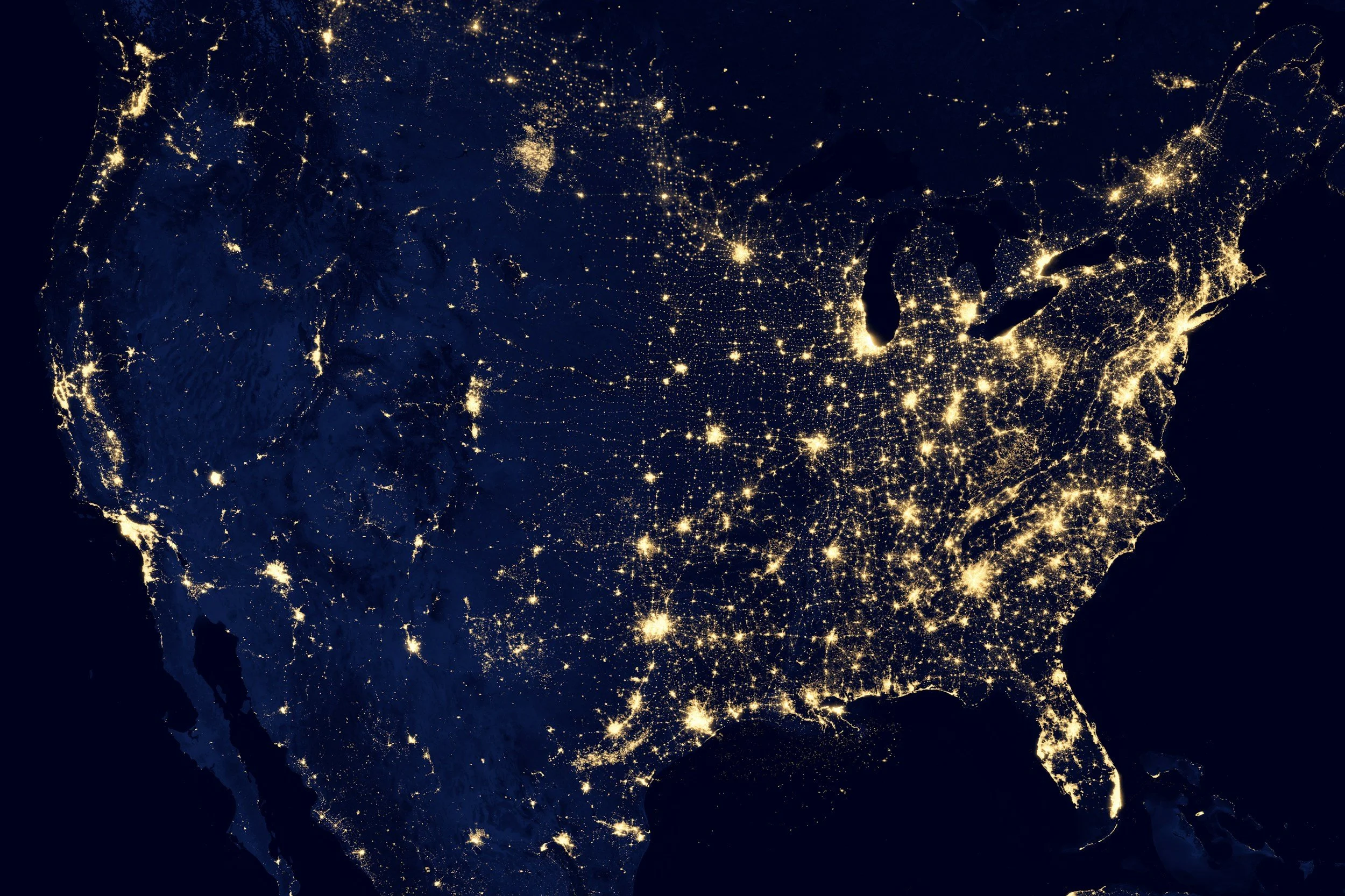
Here For You
The insurance industry is constantly changing and getting more complex. The ability to simplify all the elements of your business and stay on top of the transitions is crucial to your sustained success. CSG Actuarial combines all of the elements of your business into a comprehensive suite of tools that keeps you feeling prepared, ahead of the competition, and able to run your business with confidence.
Discover Our Services.
-

Independent Agents
Grow Your Business with a Technology Upgrade
Gain access to the insights and solutions needed to fully take control of your business. The insurance industry is in a constant state of change and getting increasing more complex. The ability to simplify all the elements of your business and stay on top of the shifts is crucial to your sustained success.
CSG Actuarial combines all of the elements of your business into a comprehensive set of tools that keeps you prepared, ahead of your competition, and able to run your business with confidence.
-

Marketing Organizations
Build Customized Agent Tools
Gain a distinct competitive advantage by providing custom technology, branded for your organization. From quoting tools and underwriting to analyzing current market trends, our suite of tools will provide the resources you need to be successful year after year.
Stay ahead of the curve by offering the tools no agent should be without. We provide the latest rates, product details, and market information. You recruit and retain more agents.
-

Carriers
Maximize Your Competitive Status
As competition increases and the market becomes more complex, it’s become harder to stand out. Until now. With CSG, you now have the solutions you need to get out of the day-today and keep thinking strategically and grow faster than ever before. Your needs are diverse. It’s a good thing CSG can support your entire enterprise.
Increase your competitive edge with API, custom data feeds, online enrollment capability and real-time market activity analysis.
Our vision
CSG Actuarial is one of the fastest growing tech companies in the country, helping insurance agents and agencies be successful in the ever-changing senior insurance marketplace.
With a fine-tuned understanding of the insurance marketplace and a knack for building quality insurance products, the team creates and transforms an enormous amount of data into an easy-to-use, unbiased online quoting tool.
CSG experienced exponential growth through the expansion of their online tools designed to support new and unique markets. Additional products and features are always under development to ensure your future success.
Let us help you grow your business from start to finish.
Contact Us
Interested in working together? We'd love to hear from you.
Call, email, or complete the contact and we will get back to you asap.

